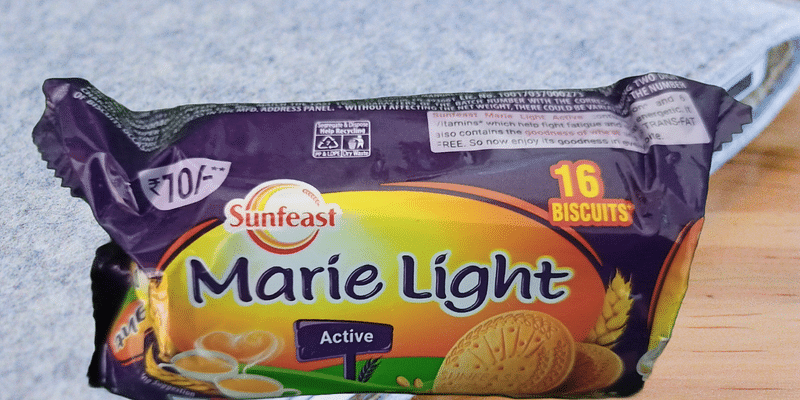
In an unusual legal battle, a consumer court in Tamil Nadu has mandated ITC Foods Limited to pay a fine of ₹1 lakh for a missing biscuit in one of their product packets, marking a significant stand in the protection of consumer rights in India.
P. Dillibabu, a Chennai resident, discovered that a packet of Sunfeast Marie Light biscuits he bought to feed stray dogs contained only 15 biscuits, one less than advertised. Following an unsatisfactory response from the company and the local store, Dillibabu escalated the matter to the consumer court. He argued that the discrepancy, given the company’s large production scale, potentially amounted to a daily consumer cheat of ₹29 lakh. Initially demanding a staggering ₹100-crore penalty from ITC and the store, he settled for a personal compensation and drew attention to the larger issue of consumer misinformation.
ITC defended itself, stating that the sales were determined by weight, not the number of items, but the court rejected this argument. The court noted that the product wrapper clearly indicated the number of biscuits, thereby influencing buyer behaviour and expectations. Moreover, it was pointed out that the Legal Metrology Rules of 2011, permitting a discrepancy in weight for pre-packaged goods, did not apply to non-volatile items like biscuits.
On August 29, 2023, the court directed ITC to pay Dillibabu ₹1 lakh for the biscuit deficit and ₹10,000 for litigation expenses. Furthermore, ITC was ordered to cease selling biscuits from the erroneous batch. The court’s decision underscores the importance of accurate product labeling and emphasises that corporations cannot overlook minor discrepancies that mislead consumers.
The incident has caused quite a stir online, with users humorously referring to the missing item as the “golden biscuit” and vowing to count items in their future purchases meticulously. This case serves as a landmark reminder of the accountability FMCG giants must maintain and may herald an era of increased consumer vigilance and corporate caution.
In the grand scheme, this case represents more than just a missing biscuit—it symbolises a stand against misleading product information and champions the rights of consumers, ensuring that even giants like ITC are held to a standard of truthful advertising and fair trade practices. It is a milestone in fostering a transparent and responsible consumer market in India, proving that even a single biscuit’s absence can cause a significant stir and potentially usher in industry-wide change.










